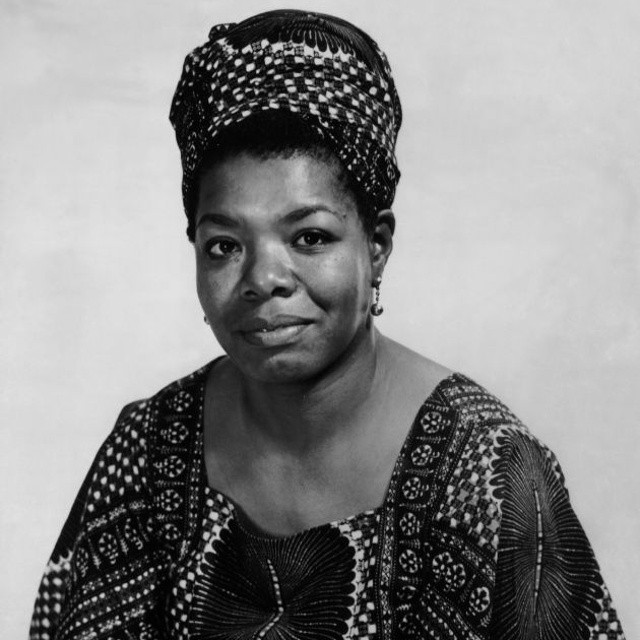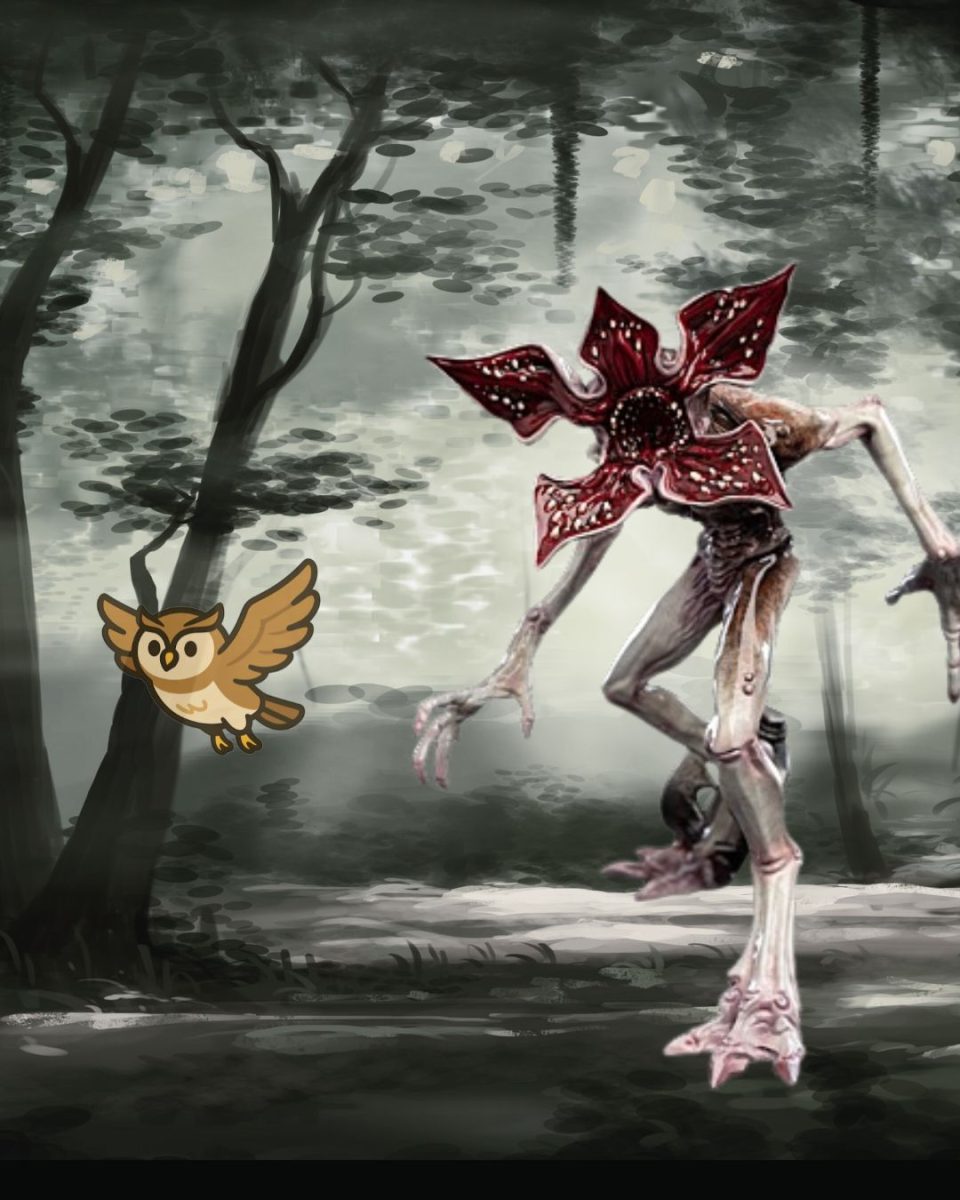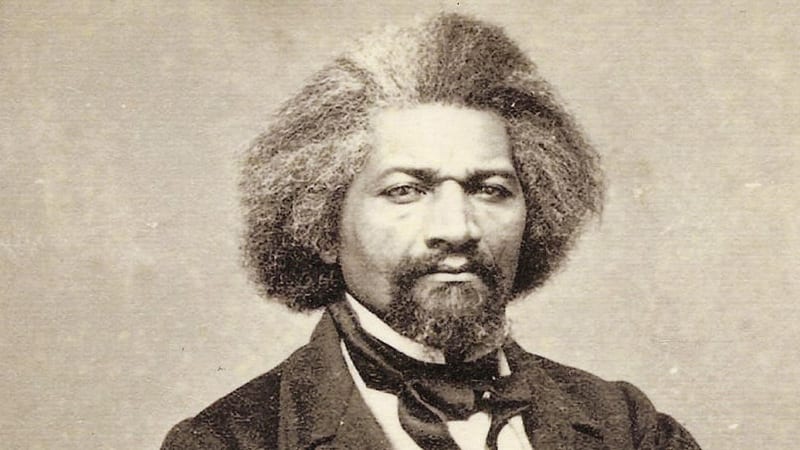The art of writing has been used as a form of expression for centuries and these four writers have epitomized what it means to have a voice. Each writer has made their distinct mark on the world in their own way through literature or journalism. These are the most influential Black writers that have left an everlasting impact.
Frederick Douglass (1818-1895)
Frederick Douglass was an American writer and abolitionist from Maryland. He was an escaped slave who became a national leader of an anti-slavery movement in New York and Massachusetts. He was also a strong supporter of the Civil War as he worked as a propagandist and recruiter. He is known for his 16-year publication, The North Star, which was a famous anti-slavery newspaper. He is most famous for his speech, “What to The Slave is The Fourth of July?” This famous speech is crucial to American history — especially now — because it is important to showcase what Independence Day means to Black history. Independence Day is the day we celebrate freedom, but to a slave, what is there to truly celebrate? How do we call our country the “land of the free” if we are enslaving Black Americans? These are points that Douglass touches on in his speech.
Excerpt from Douglass’ “What to The Slave is The Fourth of July?”: “Fellow-citizens, this murderous traffic is, to-day, in active operation in this boasted republic. In the solitude of my spirit, I see clouds of dust raised on the highways of the South; I see the bleeding footsteps; I hear the doleful wail of fettered humanity, on the way to the slave-markets, where the victims are to be sold like horses, sheep and swine, knocked off to the highest bidder.”
James Baldwin (1924-1987)

James Baldwin was a talented writer since his youth. Because he spent most of his early years working to support his siblings, he was not able to enjoy his passion for writing. However, starting in 1945 he received multiple fellowships that allowed him to write for a living in New York and Paris, where these shifts in location allowed him to have a new perspective on life. Baldwin is most known for his semi-autobiographical novel “Go Tell it On the Mountain.” Baldwin knew this was the story he had to tell if he was going to write anything else. He revolutionized the U.S. through his ability to pave the way for more Black writers to be able to enjoy their passions for writing through the help of fellowships, grants and offers specifically for them to showcase their talent.
Excerpt from Baldwin’s “Go Tell it on The Mountain”: “But to look back from the stony plain along the road which led one to that place is not at all the same thing as walking on the road; the perspective to say the very least, changes only with the journey; only when the road has, all abruptly and treacherously, and with an absoluteness that permits no argument, turned or dropped or risen is one able to see all that one could not have seen from any other place.”
Langston Hughes (1902-1967)

Langston Hughes was a jazz lover, writer and driving force behind the Harlem Renaissance of the 1920s. During this time, Black musicians and writers became more prominent and known. Hughes wrote novels, short stories, poems and plays about Black experiences in America for 40 years. His most known work is his semi-autobiographical book, “Not Without Laughter.” This story talks about a boy growing up in rural Kansas in the 1910s. Hughes, like other activists during the Harlem Renaissance, had a strong sense of racial pride which he showed through his works. His literature celebrates Black culture, humor and spirituality, and his works are studied and talked about today.
Excerpt from Hughes’ “Not Without Laughter”: “But was that why Negroes were poor, because they were dancers, jazzers, clowns? . . . The other way round would be better: dancers because of their poverty; singers because they suffered; laughing all the time because they must forget….It’s more like that, thought Sandy.”
Maya Angelou (1928-2014)

Maya Angelou was a distinguished novelist, poet and civil rights activist. She was also a singer, actress, screenwriter and college professor. The inspiration for her writing stems from the racism she experienced growing up in Wisconsin and Arkansas. Angelou’s most known works are her autobiography, “I Know Why The Caged Bird Sings” and poem “Still I Rise.” This work has elements of fiction as well as real-life experiences and tackles controversial issues such as racism, feminism, single motherhood, rape and sexuality. I believe Maya Angelou changed the world because no matter what she did, it remains heavily influential to date. She took on many roles and all of her work is still talked about and recognized today.
Excerpt from Angelou’s “Still I Rise”: “You may shoot me with your words, You may cut me with your eyes, You may kill me with your hatefulness, But still, like air, I’ll rise.”
For questions/comments about this story tweet @TheWhitOnline.


































































































































































































